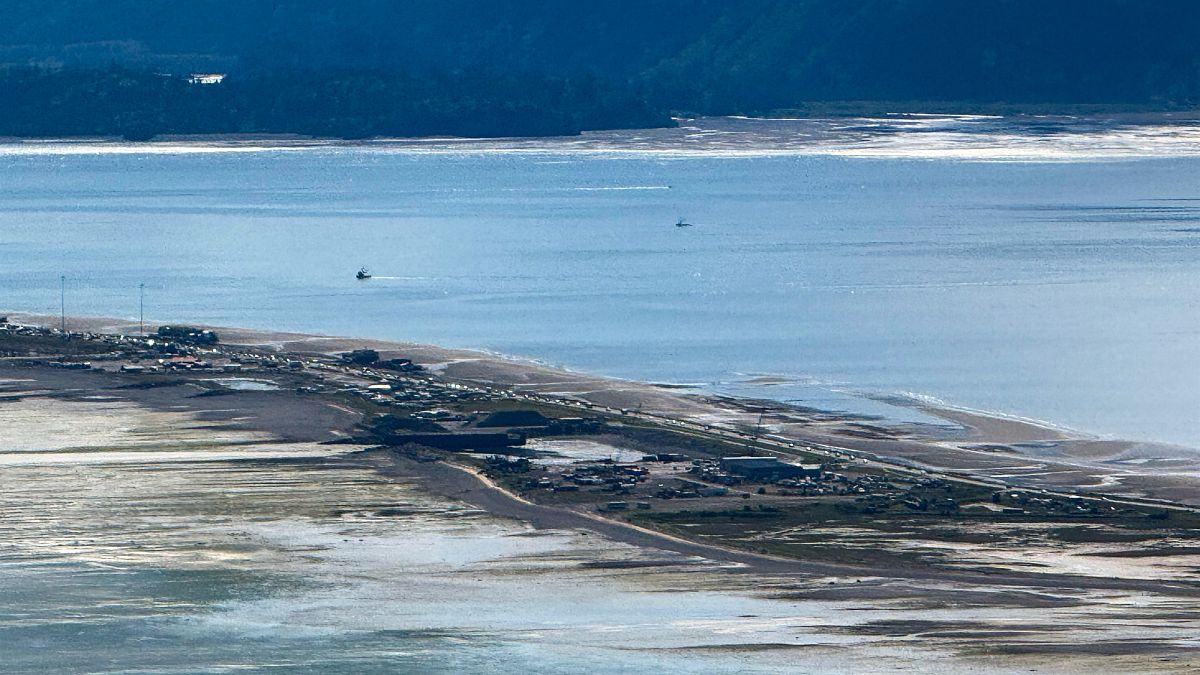

In recent days, the world has witnessed a series of environmental events, emphasizing the planet’s dynamic nature and our interconnectedness. From the powerful tremors in Russia to extreme weather conditions in South Korea and Europe, communities are learning to adapt and respond with resilience and preparedness.
Earlier this week, a powerful earthquake with a magnitude of 7.4 struck off the coast of Russia’s Kamchatka Peninsula, stirring concerns of a potential tsunami. The Pacific Tsunami Warning Centre initially urged residents in numerous coastal settlements to climb to higher ground or move inland. However, after thorough assessments, the imminent threat was lifted, allowing residents to return to their routines with cautious relief. Such occurrences remind us of the Earth’s vibrant geological activity and the importance of timely warnings and preparedness in safeguarding lives.
While Kamchatka residents faced the earth’s movements, extreme heat conditions in Europe posed a different set of challenges. As heatwaves swept across the continent, attention turned to understanding the effects of heat stress on human health and productivity. Recognizing signs of heat stress, which include symptoms like headaches and dizziness, and understanding worker rights have become essential knowledge in navigating rising temperatures. Staying informed and prepared not only promotes personal well-being but ensures safety in the work environment.
Across the globe in South Korea, the situation has been markedly different yet equally challenging. Torrential rains have taken their toll, resulting in a growing death toll and leaving nearly 3,000 individuals unable to return home. With warnings about landslides and flooding, officials have urged vigilance and caution as rain continues to fall. The resilience of these communities is a testament to human tenacity in the face of natural adversity, underscoring the importance of disaster readiness and community support systems.
In England, a familiar concern has resurfaced as the country grapples with severe drought conditions, particularly impacting the Yorkshire region. Water usage restrictions have been implemented to manage the scarce resource, while farmers worry about the future of their harvests. This highlights the crucial role of sustainable practices and innovative solutions in adapting to shifts in climate patterns. As communities face water scarcity, the focus intensifies on implementing effective water conservation techniques and advocating for sustainable agricultural practices.
These global instances of environmental phenomena demonstrate the diverse challenges posed by nature. They also remind us of the shared responsibility to enhance our environmental literacy, advocate for sustainable policies, and support initiatives that build resilient communities. Through collective efforts, humanity can navigate the complex dance with nature, fostering a harmonious existence with our ever-changing environment.
Source: {link}
